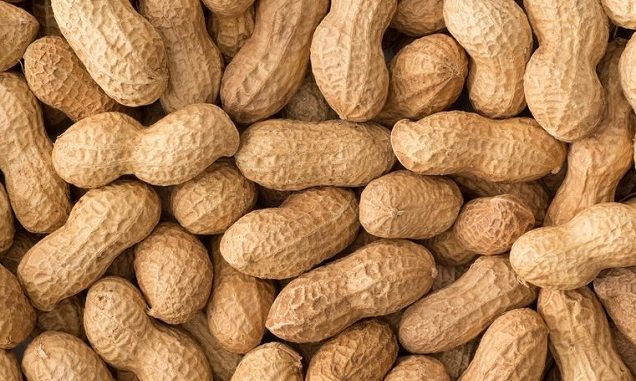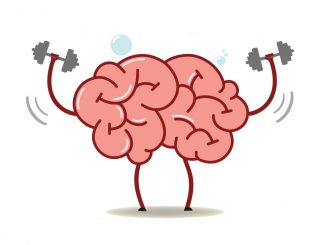
It’s been long established that a healthy gut leads to a healthy mind, now the benefits of a couple of different food options have been found to be helpful in helping keep your tummy happy.
The Pennsylvania State University (Penn State) researchers found eating a small number of peanuts each day, or about a teaspoon of herbs and spices may affect the composition of gut bacteria.
In two separate studies, the nutritional scientists studied the effects of small changes to the average American diet and found improvements to the gut microbiome, a collection of trillions of microorganisms that live inside the intestinal tract.
The bacteria there can affect nearly all systems of the body, including metabolism and the building and maintaining of the immune system.
Harvard University previously found that a healthy gut is essential for better mental health.
“Research has shown that people who have a lot of different microbes have better health, and a better diet, than those who don’t have much bacterial diversity,” – Penny M. Kris-Etherton, University Professor of Nutritional Sciences, Penn State.
For the peanut study, which was published in the journal Clinical Nutrition, Kris-Etherton and her colleagues compared the effects of snacking on 28 grams of peanuts per day, versus a higher carbohydrate snack (crackers and cheese).
At the end of six weeks, participants who ate the peanut snack showed an increased abundance of Ruminococcaceae, a group of bacteria linked to healthy liver metabolism and immune function.
In the herbs and spices study, which was published in The Journal of Nutrition, scientists analyzed the impact of adding blends of herbs and spices, such as cinnamon, ginger, cumin, turmeric, rosemary, oregano, basil, and thyme, to the controlled diets of participants at risk for cardiovascular disease.
The team examined three doses, about 1/8 teaspoon per day, a little more than 3/4 teaspoon per day, and about 1 1/2 teaspoon per day.
At the end of four weeks, participants showed an increase in gut bacteria diversity, including an increase in Ruminococcaceae, most notably with the medium and high doses of herbs and spices.
“It’s such a simple thing that people can do,” said Kris-Etherton.
“The average American diet is far from ideal, so I think everyone could benefit by adding herbs and spices. It’s also a way of decreasing sodium in your diet but flavoring foods in a way that makes them palatable and, in fact, delicious! Taste is really a top criterion for why people choose the foods they do.”
In both studies, the increase in Ruminococcaceae and bacterial diversity was viewed positively, as scientists continue to learn more about the connection between the gut microbiota and a spectrum of health factors, from blood pressure to weight.



